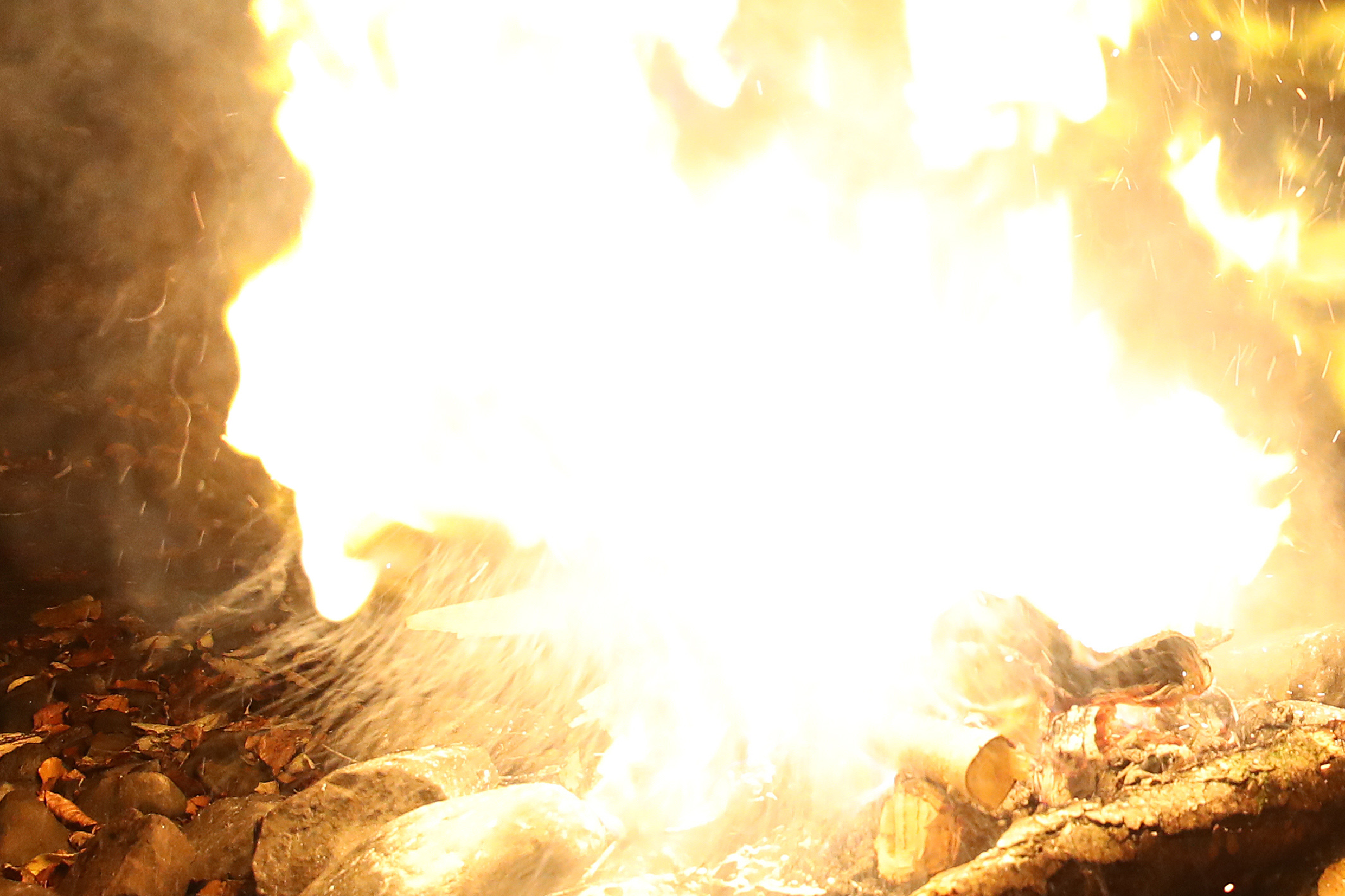Early humans in Europe were making fires at least 250,000 years ago – scientists
This is around 50,000 years earlier than previously thought.

Early humans in Europe were making fires at least least 250,000 years ago – 50,000 years earlier than previously thought, according to researchers.
Newly gathered evidence suggests the European ancestors were making and controlling fire for activities such as cooking, heating and to defend their home.
Dr Clayton Magill, an assistant professor at Heriot-Watt University in Edinburgh, said: “We have found definitive evidence of things being burnt and those remains are organised into a pattern, suggesting it’s humans who are making and controlling the fire.
“Either they were using the fire to cook or to defend themselves.
“The spatial patterning in the fire tells us that they were encircling something, like a home or sleeping area, a living room or kitchen, or an enclosure for animals.”
We now have definitive, incontrovertible evidence that humans were starting and stopping fires in Europe about 50,000 years earlier than we suspected
For the study, published in the journal Nature Scientific Reports, a team of scientists analysed samples from Valdocarros II, an archaeological site near Madrid in Spain.
They used forensic chemical methods to identify molecules of incomplete burning.
The remains also shed light on the type of firewood used, which mainly had burning properties such as heat and lack of smoke.
Dr Magill said: “This is important because our species is defined by our use of fire.
“Being able to cook food to feed our big brains is one of the things that made us so successful in an evolutionary sense.
“Fire also brings protection and fosters communication and family connection.
“And we now have definitive, incontrovertible evidence that humans were starting and stopping fires in Europe about 50,000 years earlier than we suspected.”
The oldest clear evidence of human-controlled fire is thought to come from east Africa and is around 1.5 million years old.
Evidence of fire has also been uncovered in Israel from about 790,000 years ago.
As part of the next steps, the research team will study stone tools found near fire hearths to identify whether these were used in the making and controlling of fire – for example, to cut meat or pulverise plants.
Dr Magill said: “We want to understand whether the selective or specialised use of tools is something that should go at least theoretically hand-in-hand with fire control.”
Bookmark popover
Removed from bookmarks